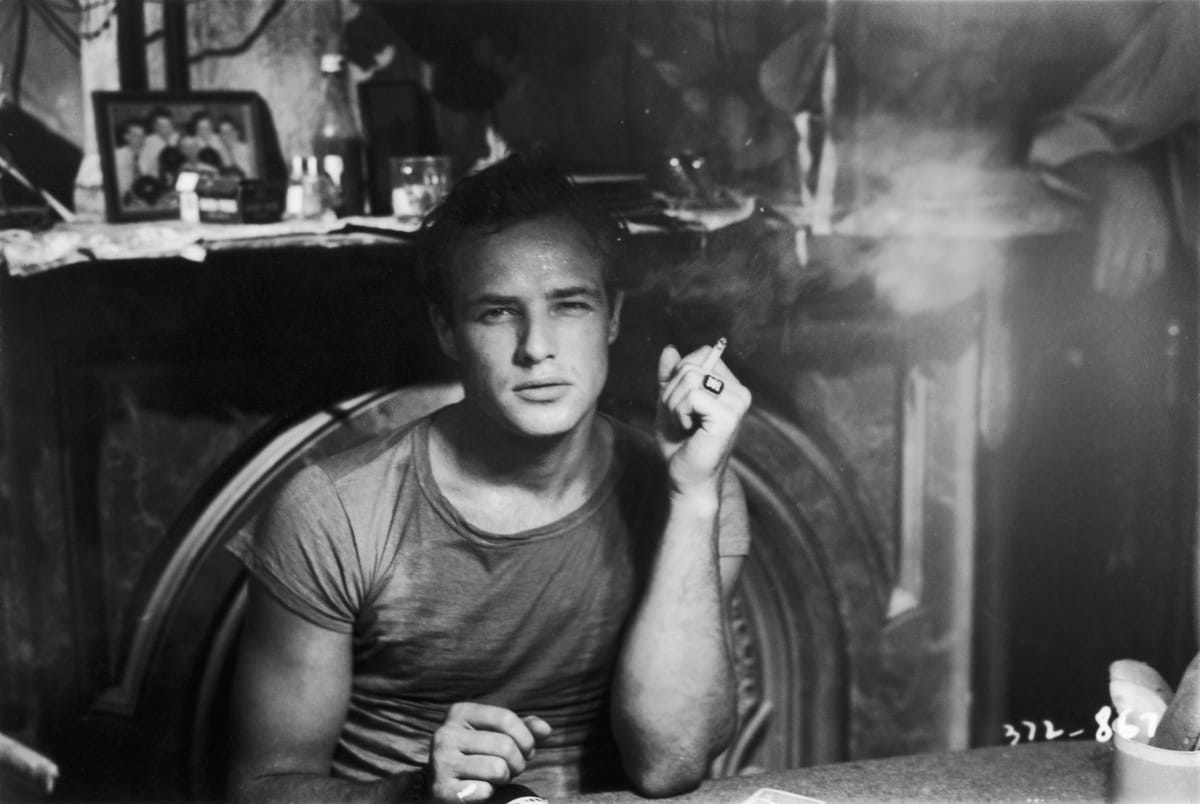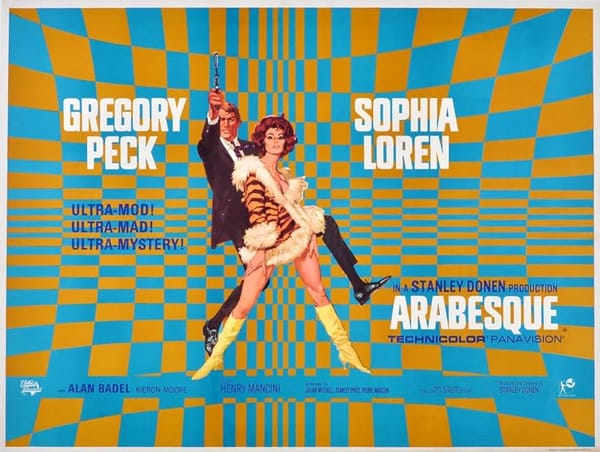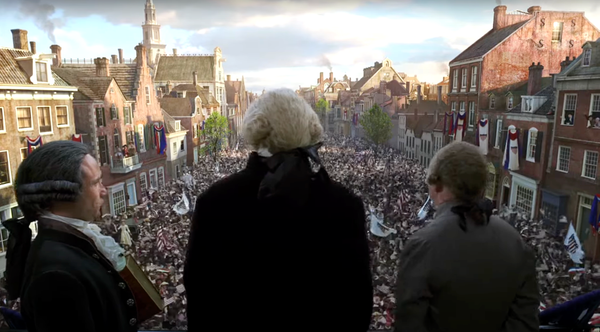Who's the Next Brando? Nobody.
Intuitive and intense, Marlon Brando rewrote the rules of acting and inspired generations of imitators. Where did they go?

Note to subscribers: Starting this month I'll be writing regular pieces – movie reviews and commentary – for The Washington Post while their staff critic, Ann Hornaday, is on book leave for a year. I'll be making those articles available for paid subscribers a few days after they run in the WaPo, starting with this think-piece on the legacy of Marlon Brando, pegged to his centenary. Thanks; I hope you enjoy it.
(Originally published in The Washington Post, April 3, 2024)
On Oct. 19, 1944, a play titled “I Remember Mama” opened on Broadway. It was a sentimental drama, centered on a Norwegian immigrant family, that had a smallish role played by a 20-year-old newcomer: Marlon Brando. Bobby Lewis, a veteran of Lee Strasberg’s legendary Group Theatre, was in the audience that night, and years later he described to a biographer the scene in which Brando first enters: “Suddenly, in the back, down the stairs comes this kid munching an apple. … [Brando] started to say his lines, and I said to myself, ‘It’s a stagehand. Someone’s just wandered onstage, or maybe it’s an understudy. The fellow that’s supposed to play the part isn’t here, and this guy, he’s not acting.’”
He’s not acting — there it is, right there: the Brando revolution that reinvented stage and screen performance and recalibrated male stardom for all time. Almost.
April 3 marks the 100th anniversary of Marlon Brando’s birth — the centenary of one of the most important figures of 20th-century popular culture. But where are his descendants: the brooding, mercurial, ultra-male actors who pull performances out of their guts and refuse to talk about it afterward? They were everywhere for decades — and now they’re hardly to be seen.





